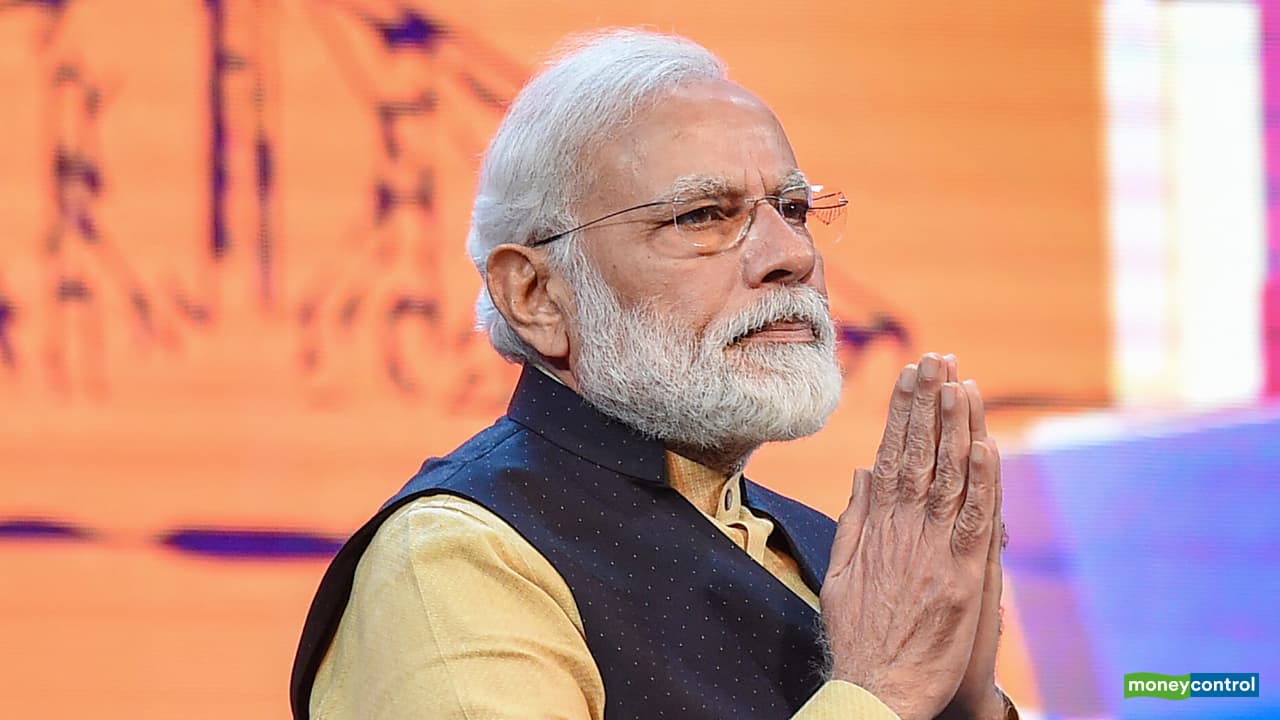Prime Minister Narendra Modi on March 24 said Rs 15,000 crore will be provided for setting up testing facilities, isolation beds, procure personal protection equipment and ventilators to combat the coronavirus outbreak.
Modi also declared a 21-day complete lockdown from tonight.
Track this blog for latest updates on coronavirus outbreak
"Social distancing, keeping locked in your home is the only solution to contain COVID-19," Modi appealed to the citizens in his televised speech.
Explaining the intensity of the outbreak, Modi said it took 61 days to get to 1 lakh cases and it took 11 days to reach 2 lakh reported cases.
Modi said it is difficult to estimate the damage that can be caused by the coronavirus outbreak.
The Rs 15,000 crore fund is also meant for training of medical and paramedical staff, Modi said, adding that healthcare delivery should be the first priority of every state.
However, India needs to rapidly scale-up its health infra to deal with the pandemic like COVID-19 and the Rs 15,000 crore may not be enough to address the structural problems in the healthcare sysytem.
There is a massive shortage of personal protection equipment (PPE) for healthcare workers who are at high risk of acquiring COVID-19 infection.
According to estimates, India would need 6.5 lakh body coveralls, 1 crore masks and 60 lakh N-95 masks.
It is estimated that India has only 30,000 ventilators for a population of 130 crore people. India has 0.7 hospital beds per 1000 people, as per World Bank estimates.
But despite these challenges, if government coordinates and plans well, using scale to its advantage and unleash private enterprise - it will be quickly able to scale up.
Discover the latest Business News, Sensex, and Nifty updates. Obtain Personal Finance insights, tax queries, and expert opinions on Moneycontrol or download the Moneycontrol App to stay updated!










